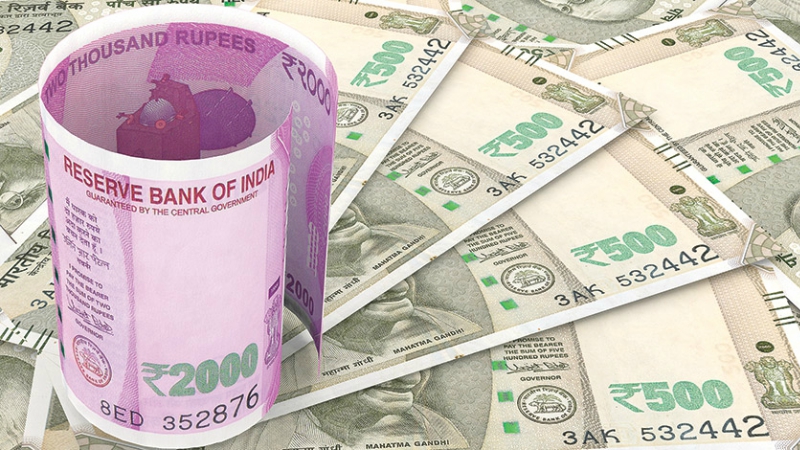Can India Devaluate Its Currency?

Have you ever thought why countries devaluate its currency? Does the devaluation of currency a good or a bad idea? What will happen if rupee is devaluated? You will find answers to these questions in this article. Countries like China devaluate their currency to boost their exports in the international market, by this goods are bought at a cheaper rate compared to the older rate. Another reason is to increase the inflow of foreign investment into the domestic market. But by devaluating a country’s currency, the purchasing power of that currency will decrease and the cost of imports will increase and lead to a drop in the confidence in people. The value of China’s currency yuan is fixed by the people’s bank of China. In 2015 china depreciated its currency by 2% against the U.S dollar (changes in the different currencies are measured against a dollar). (Riley, 2015)
We used to see in the news that rupee had depreciated against the dollar, let us discuss this concept in relation to economics. India adopted floating rate system in 1975, so the value of rupee is determined by the market forces (supply & demand) if the circulation of rupee increases in international market the demand of rupee will increase and starts to appreciate against dollar & vice versa. (http://www.clearias.com, 2017). The question is If the devaluation of rupee good or bad for the economy? If the rupee is devaluated, the cost of imports will increase, rupee will lose its purchasing power, for example-India imports 80-85% of crude oil, if rupee is devaluated the cost of purchasing crude oil will increase, this will lead to a hike in the price of petrol & diesel in the domestic market and also leads to increase in excise duty on petrol and diesel and the inflation rate. (Karnik, 2016)
“Today’s rupee value is pretty reasonable. Devaluation will not necessarily help exports. India needs macro-stability, years of sustained growth, “former RBI Raghuram Rajan said. India being an import driven market, which highly is dependent on defense & machinery equipment’s, devaluation of the rupee is not a good idea for economy. Indian government is very much worried about the fluctuation of Indian Rupee in the international market, it must find a stability in the market, for example if the value of rupee is 60 against one dollar today and the next day if the value of rupee is 70, this high volatility is not good for Indian economy .In order to control the fluctuation rate, the Indian government has control over the foreign exchange reserve which has reached to $ 402 billion and policies which are made by the finance ministry and Reserve bank of India on currency exchange market.
With the increasing metal and crude oil prices in the international market, slow growth rate, raising current account deficit and imports in India started to put pressure on depreciating the value of rupee against dollar. Hence, the devaluation of the rupee is not good for the Indian economy as this implies the increase in exports & increase in the flow of foreign investments but this makes the imports expensive which is not good for import driven market like India.





